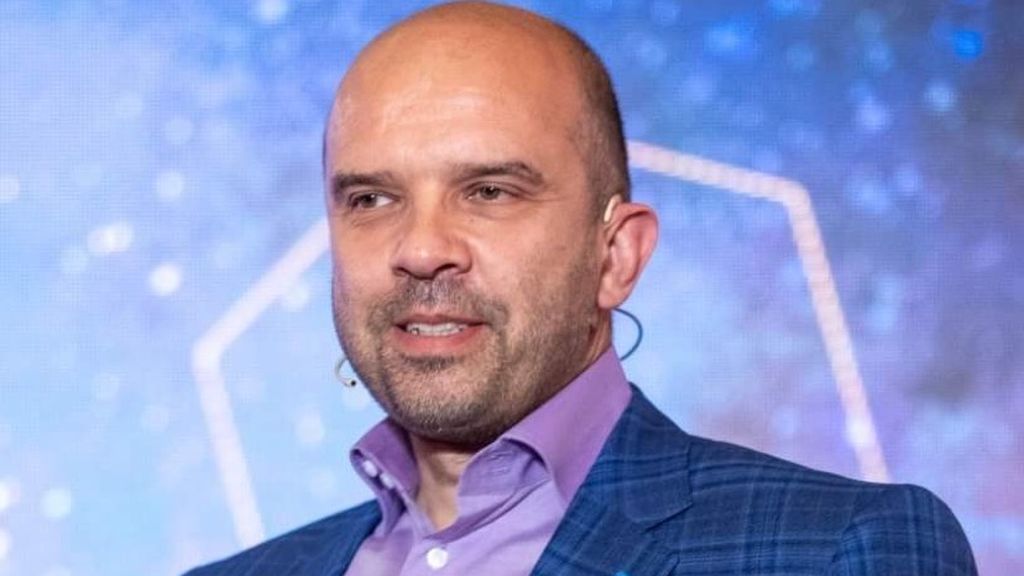More than 60% of young people aged 15-24 globally (830 million people) will lack the skills needed for the labour market in 2030, including those for the transition to the green economy, according to the report "Why the world needs to upskill young people to enable the net zero transition" by PwC, UNICEF and Generation Unlimited. These skills remain undeveloped simply because young people lack such basic resources like internet access and the absence of an education and training strategy for the labour market based on collaboration between governments, corporations and non-governmental organisations (NGOs).
"Young people's skills and therefore their performance in the labour market depend on the ability of education and learning systems to respond to employers' demands. Although the overall unemployment rate in Romania is low, there is an employment gap between the young and the general population. Unfortunately, progress in integrating young people into the labour market has been modest over the last decade, showing the need for education policies adapted to economic transformations," said Dinu Bumbacea, Country Managing Partner, PwC Romania.
In Romania, according to the National Institute of Statistics, in the third quarter of 2022, the unemployment rate reached 23.9% among young people (15-24 years) compared to the overall rate of 5.4%.
At the same time, the proportion of young people worldwide not in employment, education or training is currently at its highest level since 2005, according to the International Labour Organization (ILO), and the Covid-19 pandemic has deepened a learning and skills crisis that already existed.
The transition to the green economy, a new opportunity for integrating young people into the labour market
Estimates included in the report show that the green transition will create 8.4 million jobs for young people by 2030.
According to a PwC UK analysis, the multiplier for green jobs is 2.4—meaning that for every green job created, another 1.4 new jobs can be attributed to that green job, with a higher multiplier for the energy, utilities and manufacturing sectors.
The green transition is a transformation of how people work and in what kinds of jobs. Managing this change requires skilling, reskilling and upskilling, which will have a triple impact: they will help cut carbon emissions, reduce inequality and tackle the youth unemployment crisis, the report says.
The pressure to develop green economy skills is even more acute as the pace of carbon emission reductions needs to increase 11-fold compared to the global average achieved in the early 2000s to reach the Paris climate targets.
It will therefore increase demand for certain jobs (e.g., in construction, to help build new infrastructure), change the nature of other jobs (e.g., servicing electric vehicles differs from servicing gas-powered cars), create new jobs (e.g., more sustainability experts) and eliminate existing jobs.
In March 2020, PwC launched a three-year global strategic collaboration with UNICEF in support of the Generation Unlimited (GenU) initiative, which aims to contribute to the skills development of millions of young people around the world. More details on the PwC and UNICEF study can be found here.
About PwC:
At PwC, our purpose is to build trust in society and solve important problems. We’re a network of firms in 152 countries with nearly 328,000 people who are committed to delivering quality in assurance, advisory and tax services. Find out more and tell us what matters to you by visiting us at www.pwc.com. PwC refers to the PwC network and/or one or more of its member firms, each of which is a separate legal entity. Please see www.pwc.com/structure for further details.
© 2023 PwC. All rights reserved.
About UNICEF
UNICEF works in some of the world's most difficult places to reach the world's most disadvantaged children. Present in more than 190 countries and territories, we work for every child, everywhere, to build a better world for everyone.


































